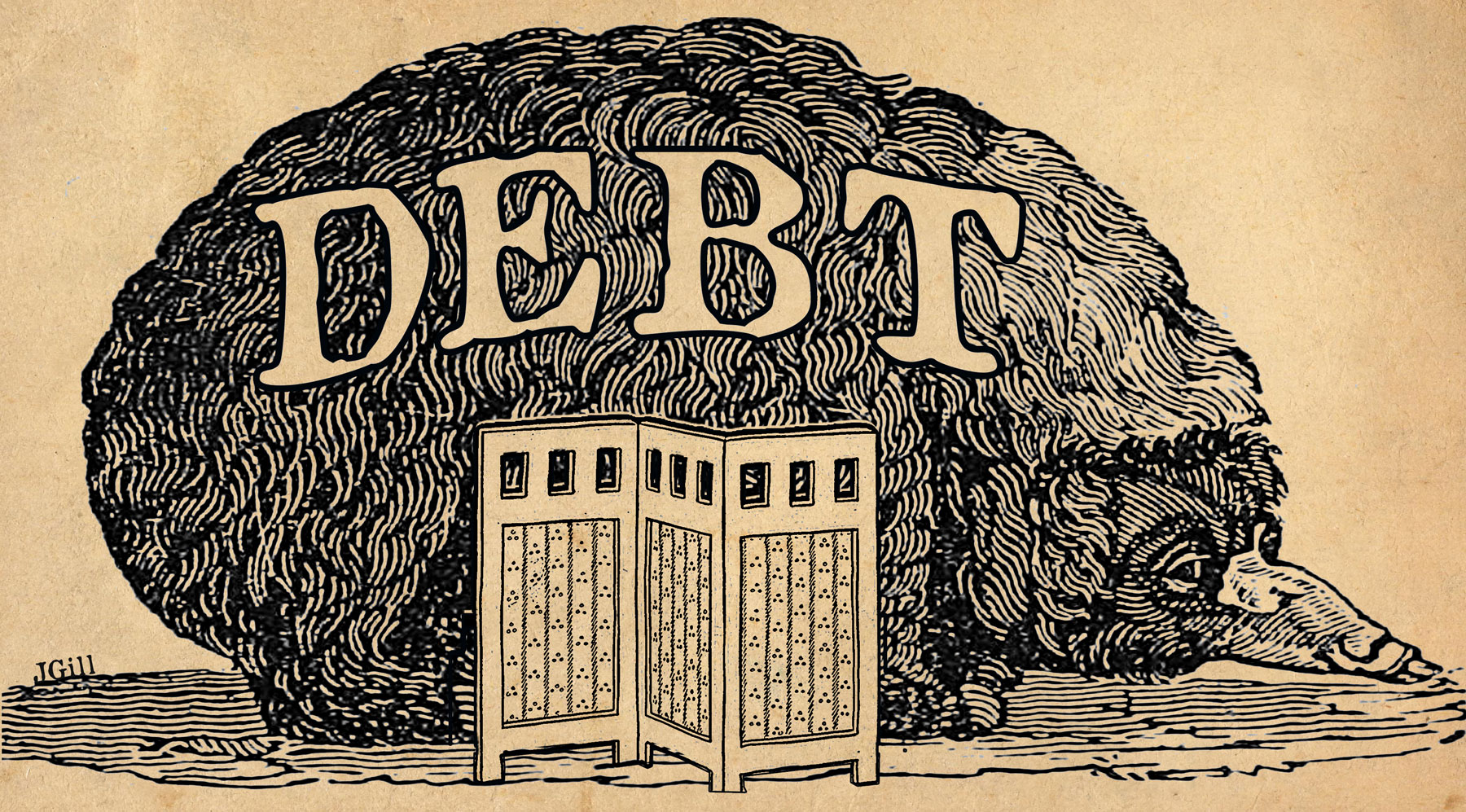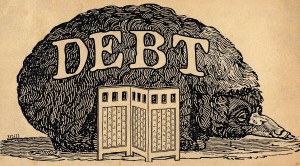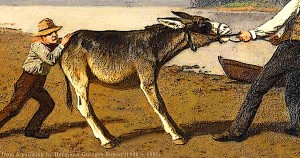The experiment in legalized marijuana begun by citizens in the states of Washington and Colorado has, from the beginning, faced a huge obstacle: marijuana is still illegal, federally. State nullification of federal law is not merely “problematic,” it’s hard to “get away with.”
Take Colorado’s experience. The Centennial State, which has made the swiftest and most extensive progress regarding marijuana retail sales, has come up to an inevitable problem with the federal government.
Over banking.
Interesting Reason reporting tells us that “Marijuana-related businesses in Colorado are so profitable that the government doesn’t know what to do with all of the tax revenue they’re generating. But business owners face a more immediate problem: Where to stash their own profits when banks won’t take it.”
Congress has been very active making banking less and less private and less and less free for decades now, in part because of the War on Drugs. Existing banks refused to take new cannabis clients.
So a new credit union was formed, to handle the cash.
And now, NBC News tells us, our central bank, the Federal Reserve (dubbed by NBC “the guardian of the U.S. banking system”), said “that it doesn’t intend to accept a penny connected to the sale of pot because the drug remains illegal under federal law.” Which makes modern banking difficult, even for a credit union, apparently.
What are “weed” businesses to do … other than what they are doing, hiring security guards for all the cash?
Maybe Bitcoin will step in. Or old gold-warehouse banking, as was not unheard of even in the 19th century.
Or, maybe, the federal government will cease its over-reach?
This is Common Sense. I’m Paul Jacob.











